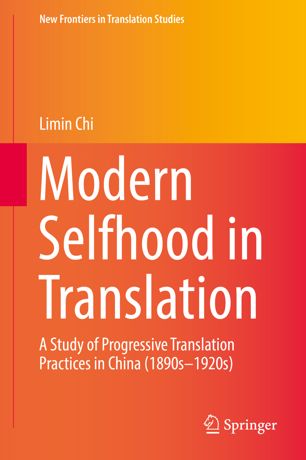

Most ebook files are in PDF format, so you can easily read them using various software such as Foxit Reader or directly on the Google Chrome browser.
Some ebook files are released by publishers in other formats such as .awz, .mobi, .epub, .fb2, etc. You may need to install specific software to read these formats on mobile/PC, such as Calibre.
Please read the tutorial at this link. https://ebooknice.com/page/post?id=faq
We offer FREE conversion to the popular formats you request; however, this may take some time. Therefore, right after payment, please email us, and we will try to provide the service as quickly as possible.
For some exceptional file formats or broken links (if any), please refrain from opening any disputes. Instead, email us first, and we will try to assist within a maximum of 6 hours.
EbookNice Team

Status:
Available5.0
38 reviewsThis book examines the development of Chinese translation practice in relation to the rise of ideas of modern selfhood in China from the 1890s to the 1920s. The key translations produced by late Qing and early Republican Chinese intellectuals over the three decades in question reflect a preoccupation with new personality ideals informed by foreign models and the healthy development of modern individuality, in the face of crises compounded by feelings of cultural inadequacy. The book clarifies how these translated works supplied the meanings for new terms and concepts that signify modern human experience, and sheds light on the ways in which they taught readers to internalize the idea of the modern as personal experience. Through their selection of source texts and their adoption of different translation strategies, the translators chosen as case studies championed a progressive view of the world: one that was open-minded and humanistic. The late Qing construction of modern Chinese identity, instigated under the imperative of national salvation in the aftermath of the First Sino-Japanese War, wielded a far-reaching influence on the New Culture discourse. This book argues that the New Culture translations, being largely explorations of modern self-consciousness, helped to produce an egalitarian cosmopolitan view of modern being. This was a view favoured by the majority of mainland intellectuals in the post-Maoist 1980s and which has since become an important topic in mainland scholarship.